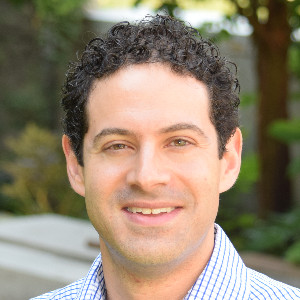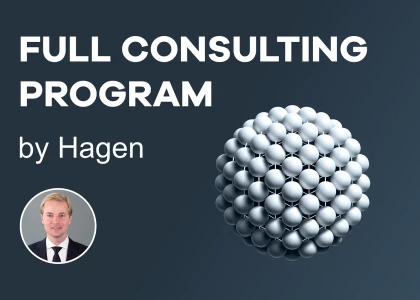Hi everyone,
I am working on digital/tech cases - they differ heavily from "classical MBB" cases. Thats why I have issues breaking down problems into different buckets and deriving hypothesis, especially when I set myself time restrictions. Further I feel like my wording lacks punch.
2 Questions:
How would you approach improving structure and hypothesis?
How crucial is the wording in the interviews - Is C-Level sharpness expected?
For context:
The role I am applying is IT-Consultant at BCG Platinion.
~4 weeks till the interview













